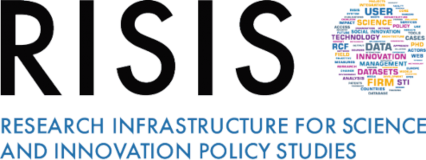The 4th RISIS Policymakers Session will take place on the 9th of July in an online format (2 pm – 4 pm).
RISIS will focus on the added value of advanced bibliometric analyses in the context of science policy, beyond its conventional uses in research evaluation with a presentation of Ed Noyons, Alfredo Yegros Yegros, and Ismael Rafols, (CWTS Centre for Science and Technology Studies Leiden University).
The team took into consideration the example of cancer research to illustrate the potential of bibliometric data to reveal information beyond counting publications and citations, and specifically to gain insights into the dynamics of a research field or organization, its structure and its different ways in which research is connected to societal processes. For this study, CWTS Leiden University selected 26 different types of cancer with a higher burden of disease according to the WHO. The study evaluated the correlation between research efforts and the burden of disease in European countries to find out about potential mismatches, i.e., relatively low knowledge production with a high disease burden or vice versa.
The bibliometric analyses have been conducted using the RISIS CWTS publication Database.
The power of advanced bibliometrics is its capacity to analyze and contextualize a research group, a university, a discipline, regions, countries, or groups of countries. Thus, the study encourages science policy analysts to make use of advanced scientometric techniques to support decision making.
Michael M. Hopkins (SPRU, The Science Policy Research Unit, University of Sussex, UK), Lennart Stenberg (VINNOVA, Sweden’s innovation agency) and Jarno Hoekman (Universiteit Utrecht) will add their valuable contribution on analyzing different aspects of the innovation ecosystems that support medical innovation and debating on how advanced bibliometrics analyses reveal the scientific production and the various funding system.






